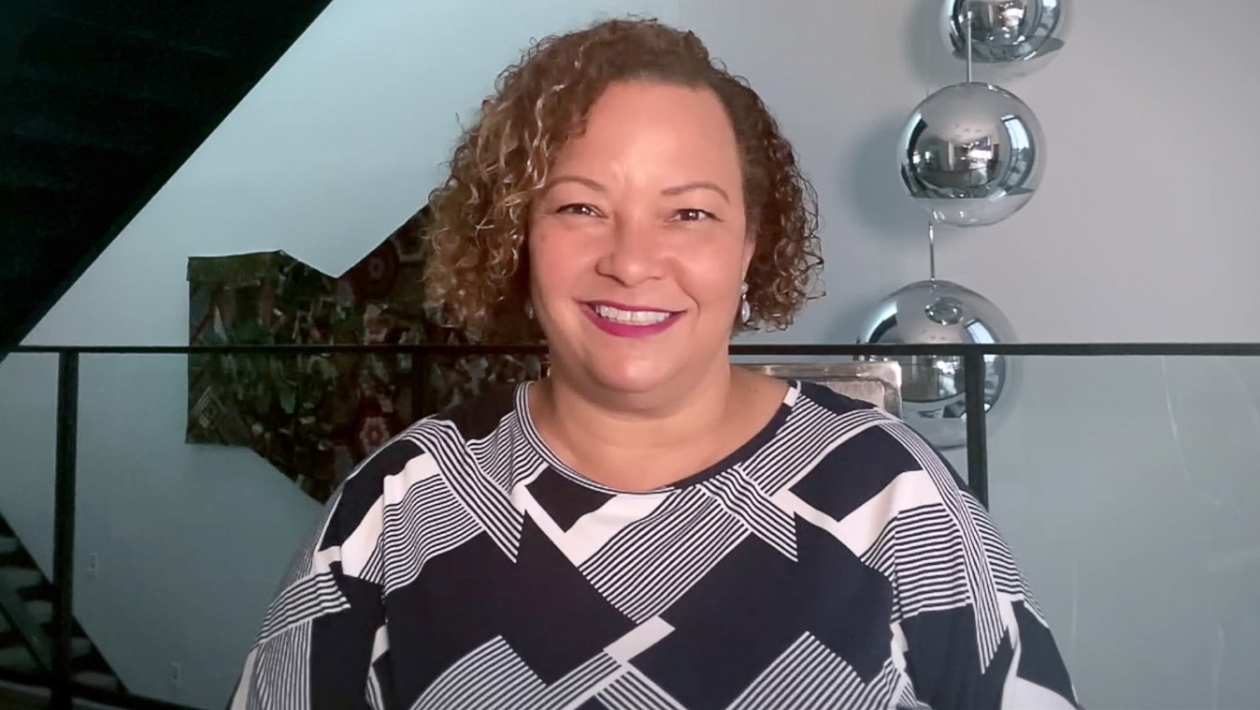Curated by Ekow Eshun, In the Black Fantastic was a Hayward Gallery (London, UK) exhibition of 11 contemporary artists from the African diaspora, who question our knowledge of the world. As part of Apple’s Festival of Learning in 2022, exhibition curator Ekow Eshun gave a special insight to In the Black Fantastic to an online audience of educators. Eshun sat down with author and educator Jeffrey Boakye to discuss some of the themes of the exhibition.
Here is an extract of their conversation about 'the racialised everyday', together with a prompt for further thinking, discussion and action. (Reproduced with kind permission of the Southbank Centre)
The Racialised Everyday
Jeffrey Boakye: There's a phrase you use, ‘the racialised everyday’. And we have the fantasy of In the Black Fantastic. Looking at those two ideas, is there a tension between them, and how they sit in this exhibition?
Ekow Eshun: What I mean, by ‘the racialised everyday’ is, I suppose, the predicate for this exhibition. Which is that race itself is a social construct, race itself has no basis in scientific fact, beyond the only difference between people of different colours being the colour of their skin. There’s nothing biological or genetic beneath that. Nevertheless, race remains the governing idea of our collective lives, of our society. And it comes with all sorts of hierarchies, of prejudices or presumptions, around who can speak with authority, who can hold space, who has agency or power autonomy in that society. This is the racialised everyday. We collectively – wittingly and unwittingly – conspire to imagine ourselves different, when genetically, physically we’re all similar.
The question within that is how do you, as a person of colour, navigate a space which, because of these beliefs, has demarcated you as different, and in many ways as inferior, or other, or alien?
This is how we come to my proposition: the Black Fantastic. Here artists and creative figures of all kinds, are trying to look beyond the racialised everyday and to offer, or assert, new spaces, new ways of looking and seeing and being, that give Black people space, autonomy; that honour our imaginative reach, that honour our creative potential. And at the most simple level, acknowledge us, embrace us as human, fully whole, fully worthy of sharing space within the world.
Further thinking
In what ways do you conform to the racialised everyday in your classrooms? How can you confront this narrative with your students?







Attach up to 5 files which will be available for other members to download.